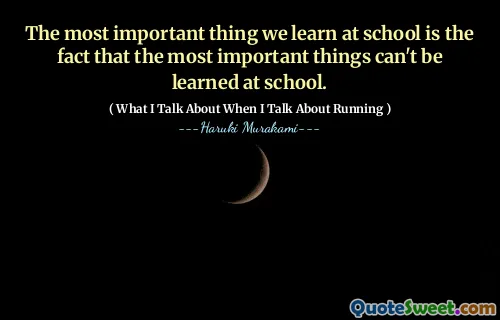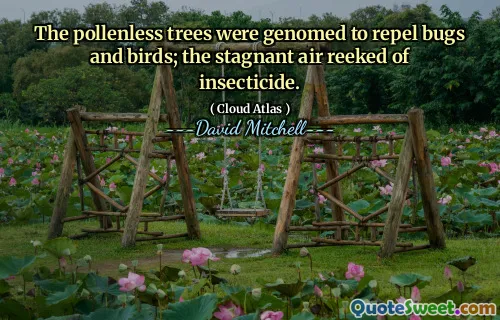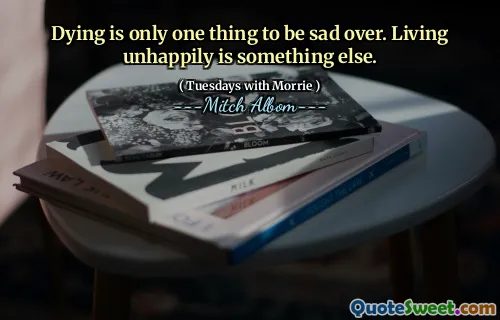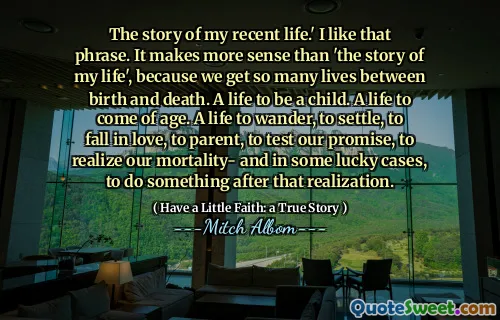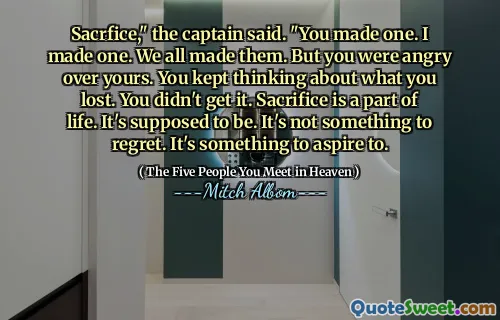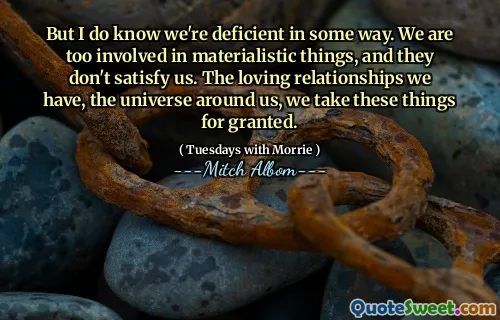
The most important thing we ever learn at school is the fact that the most important things can't be learned at school.
This quote highlights a profound truth about education and life: certain essential lessons cannot be confined within the walls of a classroom. At first glance, it underscores the limitations of formal education, emphasizing that some of the most valuable insights—such as understanding emotion, developing resilience, cultivating empathy, and learning the nuance of human relationships—are acquired through lived experience rather than textbooks. In a world that often prizes measurable knowledge, this insight serves as a reminder that wisdom often comes from outside traditional structures, through encounters, failures, and personal introspection. It also invites reflection on how teachers and institutions might better supplement academic instruction with lessons about life, emotion, and the intangible qualities that shape character. The recognition that these intangible skills are learned outside of school can instill humility in how we perceive our own growth; it reveals that authentic understanding often comes from real-world challenges and interactions. Furthermore, it challenges society to value non-academic aspects of education more highly—traits like kindness, patience, and integrity. Recognizing that the most vital lessons are often outside formal curricula encourages us to seek learning beyond prescribed lessons and understand that personal development involves embracing experiences that often escape standardized assessment. Ultimately, this quote reminds us that life’s most profound teachings are often unspoken, unmeasurable, and discovered through living intentionally. It suggests that the journey towards understanding oneself and others extends far beyond what is taught in school, urging lifelong learners to remain curious and open to lessons offered by the world around them.
